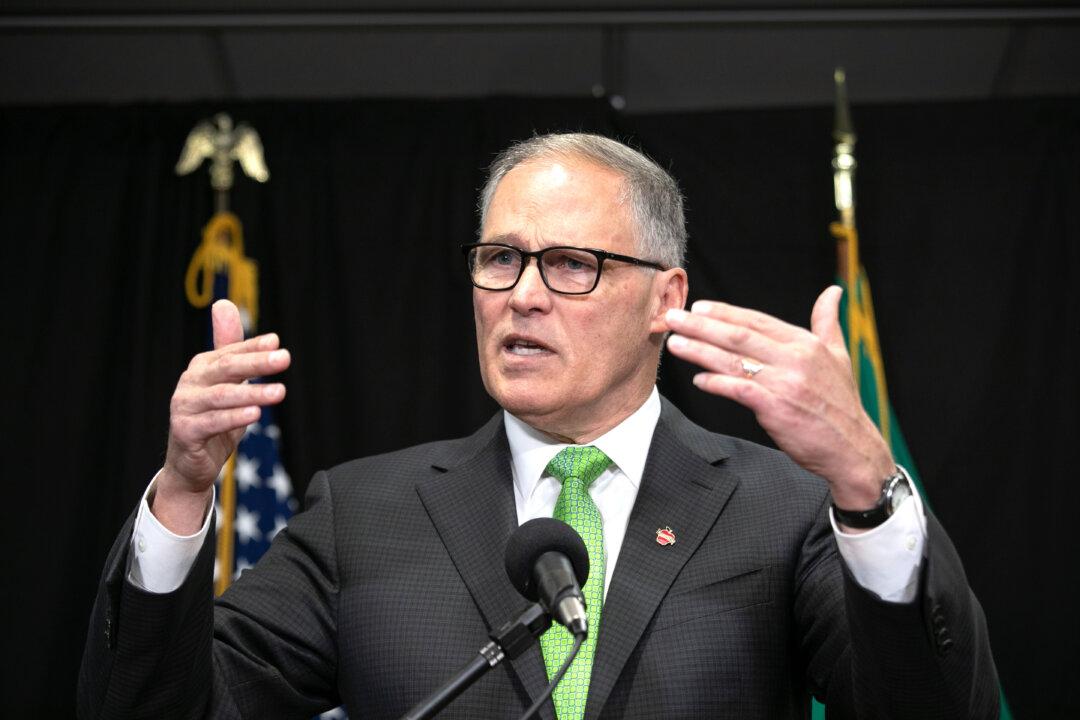Taxpayers are challenging the constitutionality of Washington state’s capital gains tax in the U.S. Supreme Court after it was upheld by the state’s supreme court.
Unlike most states, Washington state has no income tax on individuals or corporations.





